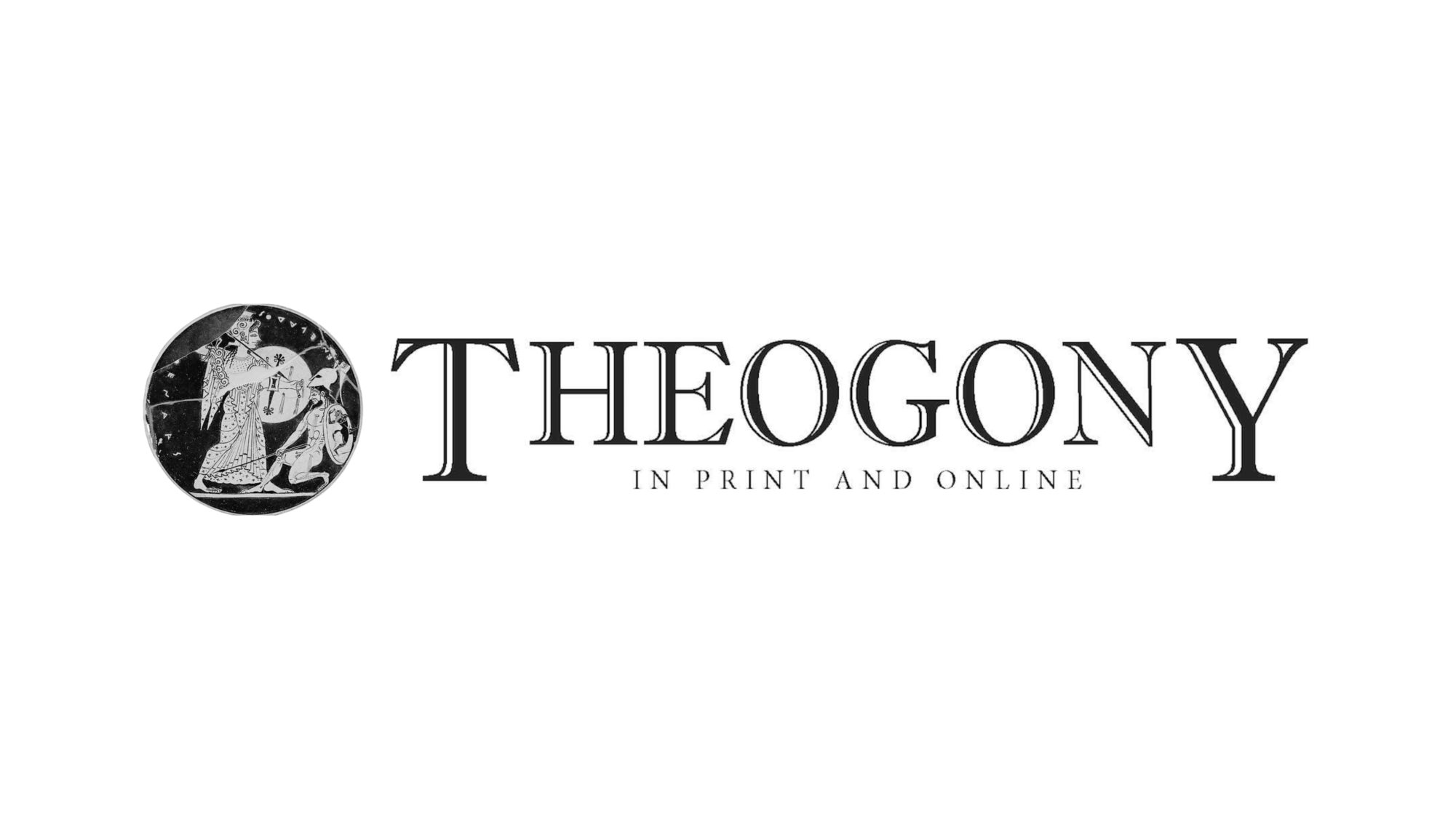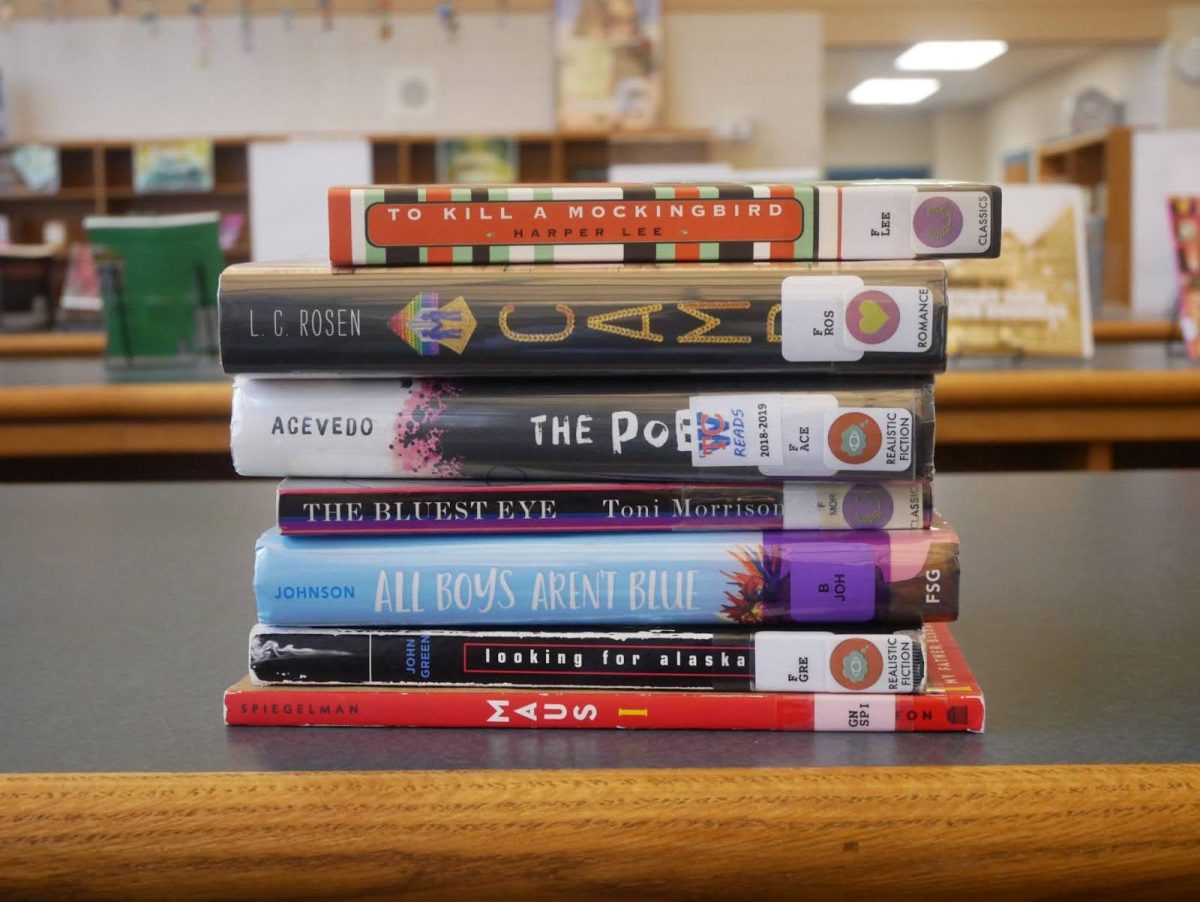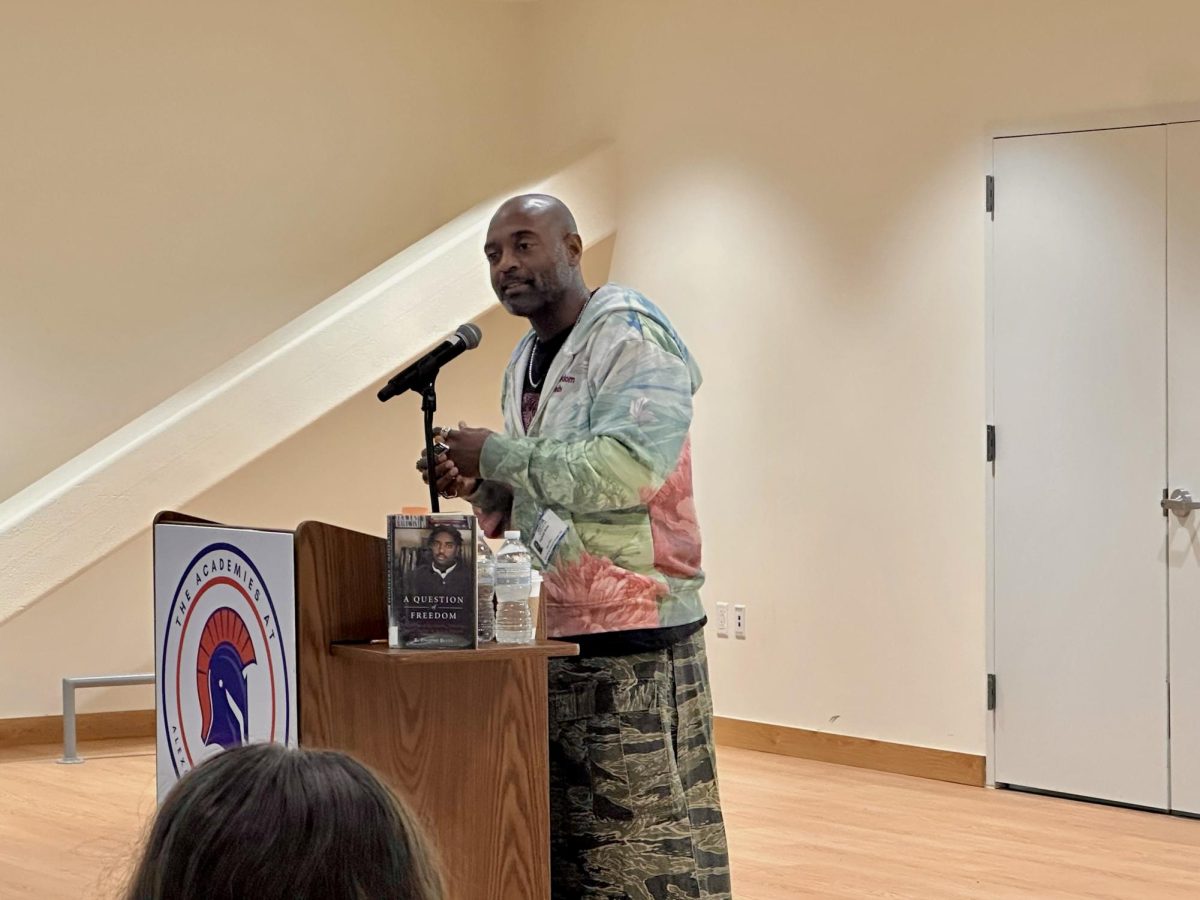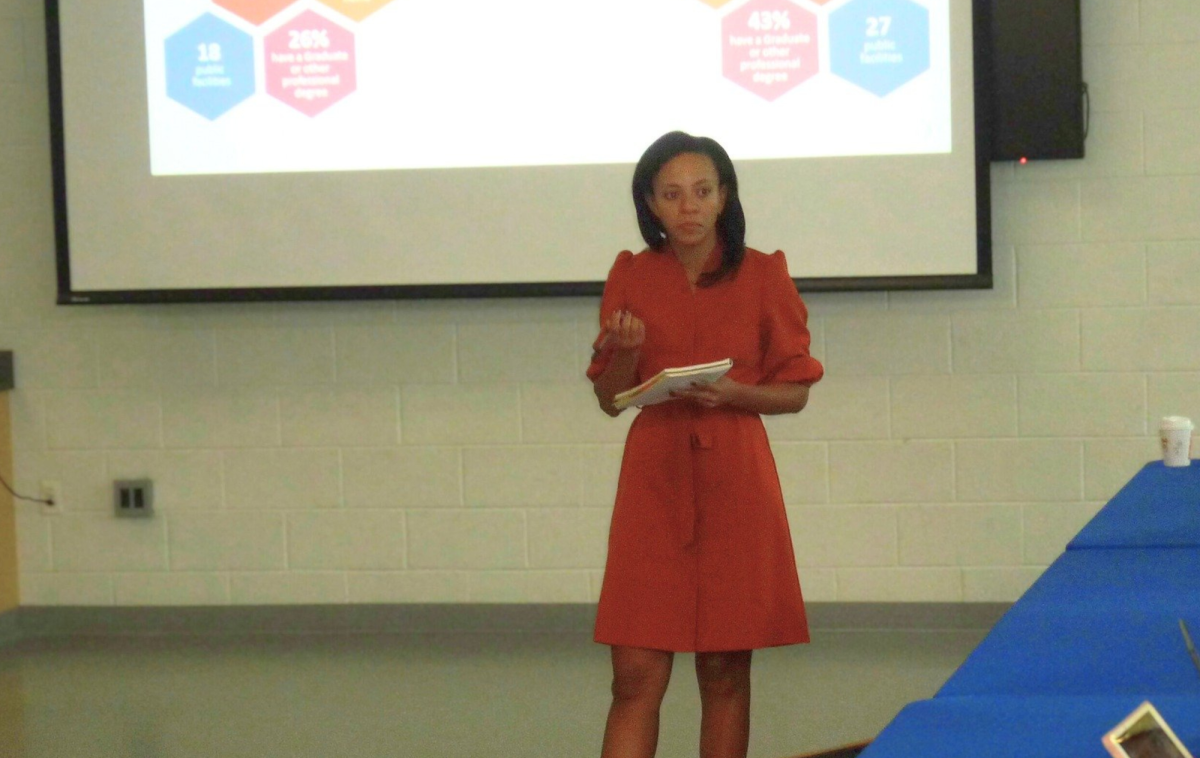Towards the end of 2023, a Pen America report was published that recorded that an astounding 3,362 books were banned in schools and libraries across America during the 2022-23 school year. This was a 33% increase from the 2021-2022 school year, when 2,532 books were banned.
“It’s always been a problem, to be honest,” said one of the ACHS librarians, Laurel Taylor. “But in the last four or five years there’s been an uptick and in the last couple of years, it’s gotten severe.”
Of the numerous school districts across America that have experienced book banning, the Pen America article recorded the highest numbers occurred in Florida, Utah, Texas, Missouri, and Pennsylvania.They specifically stated that over 40% of the overall national book bans took place in Florida school districts alone.
In the past, book banning was achieved on a local level, in schools, and by one parent. However, more recently, the attack on books has become wider.
“You’re seeing national organizations that are drumming up interest in banning books and then sending [parents] to school boards and they’re putting up hundreds of book titles,” said Taylor.
This puts a lot of pressure on the librarians who then have to fill out a separate form and hold a separate meeting for each book that is challenged.
“In some cases it is easier to just take [these books] off of the shelves,” Taylor said “Fortunately, in Arlington, Fairfax, and Alexandria…you’re not seeing a whole bunch of stuff being taken out of the libraries.”
Another factor that has greatly affected librarians is change in jurisdiction, as actions that used to be accomplished by school boards are now being done at the state level. For example, Virginia passed a law that requires schools to notify parents if a book has sexually explicit content, but the way each school district defines sexually explicit can vary. Because of this, many librarians are faced with the threat of losing their job, being fined, or, in some cases, being arrested if they challenge these restrictions.
“In Missouri, where my [librarian] friend is . . . she got called a sexual predator because she had books with gay characters in her library,” said Taylor.
This fear can then lead to self-censorship, where libraries simply refrain from ordering potentially provocative books. As a result, publishing companies eventually stop publishing them too.
“It ends up being a really sad case where you don’t even have to make it illegal, you just have to threaten people with it,” said Taylor.
ACPS has put this parent notification policy into place and although it has not caused any trouble thus far, some teachers are afraid of what it could lead to. Katherine Bentley, the co-head of the ACHS English Department, said, “My biggest concern is if teachers request new books that fall into this category, the school will refuse to buy them entirely. That would effectively limit the books that teachers can select to teach their class. This hasn’t happened yet, but that is my concern for the future.”
This type of behavior not only hurts librarians and teachers but also authors, translators, and illustrators. It is especially damaging to the minority groups whose books are primarily targeted.
The Pen America report revealed a third of books that were banned discussed racism or had characters of color, and a third had LGBTQ+ characters. Other books banned covered topics including mental health, suicide, sexual experiences, grief, and substance abuse.
“Students should be allowed to expose themselves to authors of different races, religions, sexualities, and backgrounds,” said Bentley. “The idea that the government should enforce what teachers can teach or what students can read is the antithesis of what education and democracy is about.”
By taking away authors’ freedom of expression, both Bentley and Taylor believe book bans discourage people, especially students, from sharing their stories and experiences which Taylor emphasized are very important aspects to upholding a pluralistic society.
“We intentionally have built a government and a community where multiple voices are encouraged to coexist happily and not just coexist but care about each other and value each other,” said Taylor, “I think anytime you start doing something where you are strategically removing people’s stories from public spaces [it’s] really dangerous, because it says to them ‘your story doesn’t matter to me; only my story matters to me.’”
Often, parents who argue in favor of book bannings follow the idea that students can’t handle certain topics. However, some believe censoring books for students does not protect them, but instead shelters them from real issues that they could someday encounter. Examples of this are sexual assault (a topic in 25% of books banned in the 2022-2023 school year) and themes of violence and abuse (included in 48% of books banned in the 2022-2023 school year).
“[Book banning] displays a lack of trust in young adults to be able to learn and think for themselves about serious topics.” Said Bentley
“If we look at history, book banning has been used primarily by evil governments who benefit from an uneducated population and then increase hate towards certain groups,” said Bentley, “Today, books by authors of color and members of the LGBTQIA+ community are more likely to be banned-these are the exact type of books that offer teenagers a chance to learn to respect and appreciate those who are different from themselves. Therefore, book banning, to me, seems to seek to increase hatred towards those groups and should be avoided at all costs.”
As young adult authors are often targeted in book bans, their perspectives are very important. Included in the Pen America report, renowned young adult author John Green said, “It’s disappointing to see such a steep rise in the banning and restrictions of books. We should trust our teachers and librarians to do their jobs. If you have a worldview that can be undone by a book, I would submit that the problem is not with the book.”









